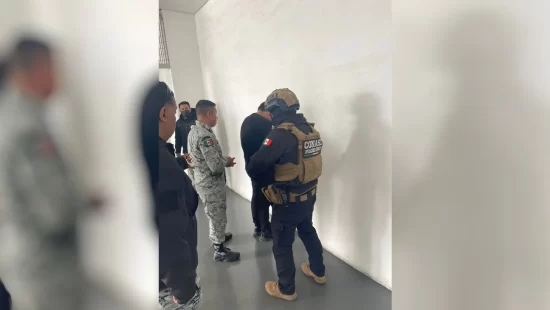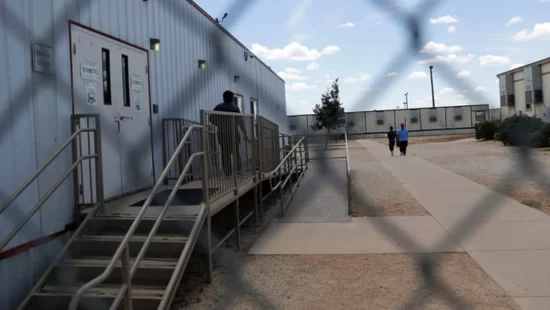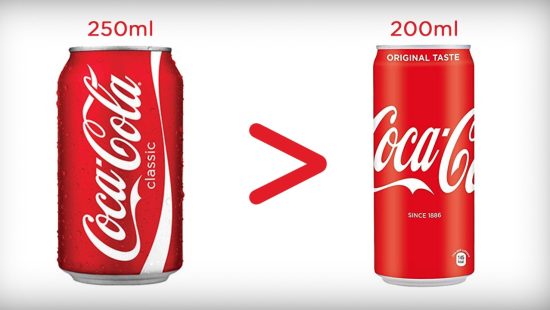Heriberto Juárez is one of the more than 33,000 Mexicans deported from the United States in this new era of Donald Trump.
For Beto, as his friends call him, the ‘American dream’ only lasted a year and eight months.
When he woke up, he was back in Mexico, penniless and jobless, with only the clothes on his back.
According to President Claudia Sheinbaum, in the first 100 days of the Trump administration, 38,757 people were returned to our country.
“Of which: 33,311 are Mexican and 5,446 are foreigners,” she announced during the People’s Morning Press Conference at the National Palace.
To pay the coyote, Heriberto had to borrow $10,000, roughly 200,000 Mexican pesos.
With that money, he managed to travel from the town of Nativitas, in the Xochimilco municipality, to Atlanta, Georgia.
We paid half the money when we began the trip and the other half once we were in the United States. The smuggler contacted my family to arrange for the rest,” he explained.
Heriberto lived with 12 fellow countrymen crammed into a small two-bedroom apartment in Gwinnett County.
Every day, he got up early to look for work, scrape together money to pay his debts, send money to his wife and two children, and try to survive in the United States, until the Immigration and Customs Enforcement (ICE) raids and operations surprised him one morning in April.
“We were doing maintenance on a yard, putting in grass and planting plants; “When we realized it, we were already surrounded,” he said.
After spending a week in jail, he was deported to Mexico through the Nuevo Laredo, Tamaulipas, border crossing.
“You go out of necessity and come back worse off than when you left, owing money and with great regret; “No matter how brave you feel, your heart shrinks when you realize you couldn’t achieve it,” commented Heriberto Juárez.
Bonds of Support
Faced with this harsh reality, the Mexico City Congress approved a Point of Agreement urging the 16 municipalities to implement urgent actions to protect the rights of deported migrants.
Local Representative Judith Vanegas, a member of the Commission for Migrant Persons from Mexico City, explained that the idea is to offer them support and financing so they are able, for example, to buy tools and start a business.
“That they can apply all the knowledge they acquired in the United States here, with the promotion of productive projects for entrepreneurs,” she stated.
She indicated that it must be guaranteed that these nationals have a favorable environment for their reintegration into society and the labor market.
“The idea is for them to be reintegrated primarily in the rural and semi-rural municipalities of the capital of the “A country where there is a need for hands to work the fields,” he stated.
The Point of Agreement presented by Representative Judith Vanegas also contemplates the installation of mobile modules to regularize official documentation such as INE (National Institute of Statistics and Census), CURP (Currency Code), and RFC (Registered Citizenship and Immigration) cards.
Another important aspect is that our fellow citizens receive psychological support so they can overcome the consequences of this bitter experience, as well as awareness campaigns to prevent acts of discrimination in their communities.








